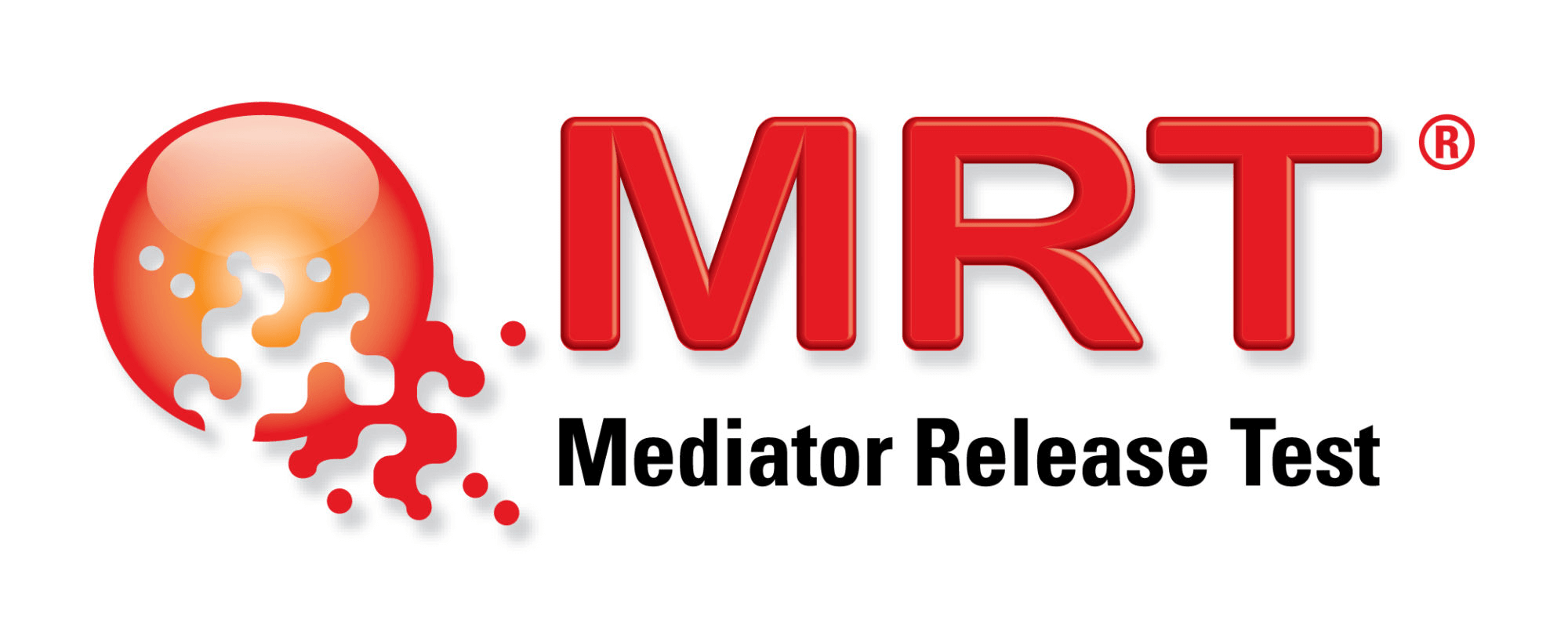Angela Anderson
Constipation
Understanding Constipation: A Comprehensive Guide
Constipation is a pervasive digestive issue that afflicts many individuals, often proving frustrating despite its occasional nature. When bowel movements occur infrequently, toxins present in stools can recirculate and reabsorb into the body, underscoring the necessity of regular evacuations for overall health. This condition arises when waste becomes lodged in the colon, hindering its passage, and can stem from factors like inadequate dietary fiber, dehydration, sedentary habits, and ignoring the body's urge to evacuate.
Beyond mere discomfort, constipation bears far-reaching consequences. With toxins and hormones being reabsorbed, the body's toxin load escalates, potentially leading to issues like halitosis, skin problems, and exacerbation of more severe symptoms. Addressing constipation requires a nuanced understanding of its diverse causes, which span from lifestyle factors to underlying medical conditions such as IBS, hormonal imbalances, and depression.
Hydration, exercise, and dietary adjustments serve as cornerstones in combating constipation. A fiber-rich diet, sufficient water intake, and regular physical activity promote bowel regularity and symptom alleviation. Probiotics, natural laxatives like psyllium husk and flaxseeds, and magnesium supplements offer supplementary support in this endeavor.
Identifying the root cause of constipation is imperative for effective management. Consulting healthcare professionals, utilizing stool testing and microbiome mapping, and exploring lifestyle adjustments can aid in pinpointing underlying issues. By adopting a holistic approach that addresses lifestyle, dietary, and physiological factors, individuals can mitigate the discomfort and potential health consequences associated with constipation.
Symptoms and Common Causes
Constipation is identified by infrequent daily bowel movements, straining during bowel movements, hard stools, incomplete elimination, or discomfort during evacuation. Persistent constipation warrants attention due to its association with symptoms like
fatigue
brain fog
body aches and pains
chronic headaches
Various factors contribute to constipation, including food allergies or sensitivities, lactose intolerance, impaired digestion/absorption, lack of beneficial gut bacteria, leaky gut, dysbiosis, parasites, prescription drug use, dehydration, insufficient dietary fiber, stress, inadequate exercise, circadian rhythm disruption, SIBO, magnesium deficiency, and thyroid or hormonal imbalances.

Dietary Considerations
1. Consume more fiber
2. Stay Hydrated
3. Eat more probiotics
4. Eliminate dairy
Lifestyle Considerations
1. Increase physical activity
2. Squatty potty
3. yogic squats, yogic twists
4. Relaxation techniques
5. Consider what you are "holding onto"

Effective management of Constipation involves a comprehensive approach that includes lifestyle changes, dietary adjustments, adequate hydration, and supplementation. Underlying causes must be identified and addressed through tailored treatment plans to improve symptoms and overall quality of life. Consulting with healthcare professionals is essential to receive a proper diagnosis and personalized treatment recommendations.
Functional Testing for Constipation
Why Dragonfly Holistic Coaching?
Personalized Care
When it comes to addressing health complications, the notion of a "one-size-fits-all" solution is not just ineffective, it's potentially counterproductive. Each individual is a unique tapestry of genetics, lifestyle choices, dietary habits, and environmental exposures, making them biochemically distinct. This means that a health approach which yields positive results for one person could prove ineffective, or even detrimental, for another. Functional wellness modalities stand out by embracing this diversity; recognizing that true healthcare must be deeply personalized. By considering an individual's entire well-being, factoring in genetics, diet, lifestyle, and environmental influences, functional wellness crafts solutions tailored to each person's unique needs. This bespoke approach ensures that each individual receives the most effective and appropriate care, underscoring the fact that in the realm of health, there really is no such thing as a universal solution. When I sign a contract with a client, I will work tirelessly by your side until we are able to identify the root cause of your health challenges and develop a sistainable way forward.
Information courtesy of Angela Anderson
Functional Diagnostic Nutrition® health coaches do not diagnose, treat, prevent, or cure any
disease or condition. Nothing we share with our clients is intended to substitute for the advice,
treatment or diagnosis of a qualified licensed physician. Functional Diagnostic Nutrition® (FDN)
Practitioners may not make any medical diagnoses or claim, nor substitute for your personal
physician’s care. It is the role of a Functional Diagnostic Nutrition® Practitioner to partner with
their clients to provide ongoing support and accountability in an opt-in model of self-care and
should be done under the supervision of a licensed physician.







